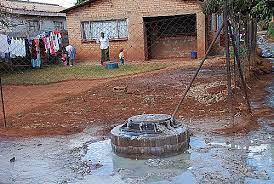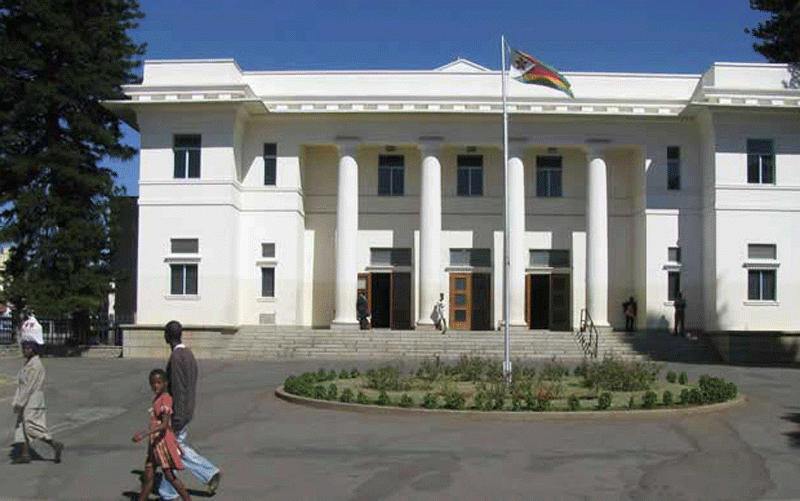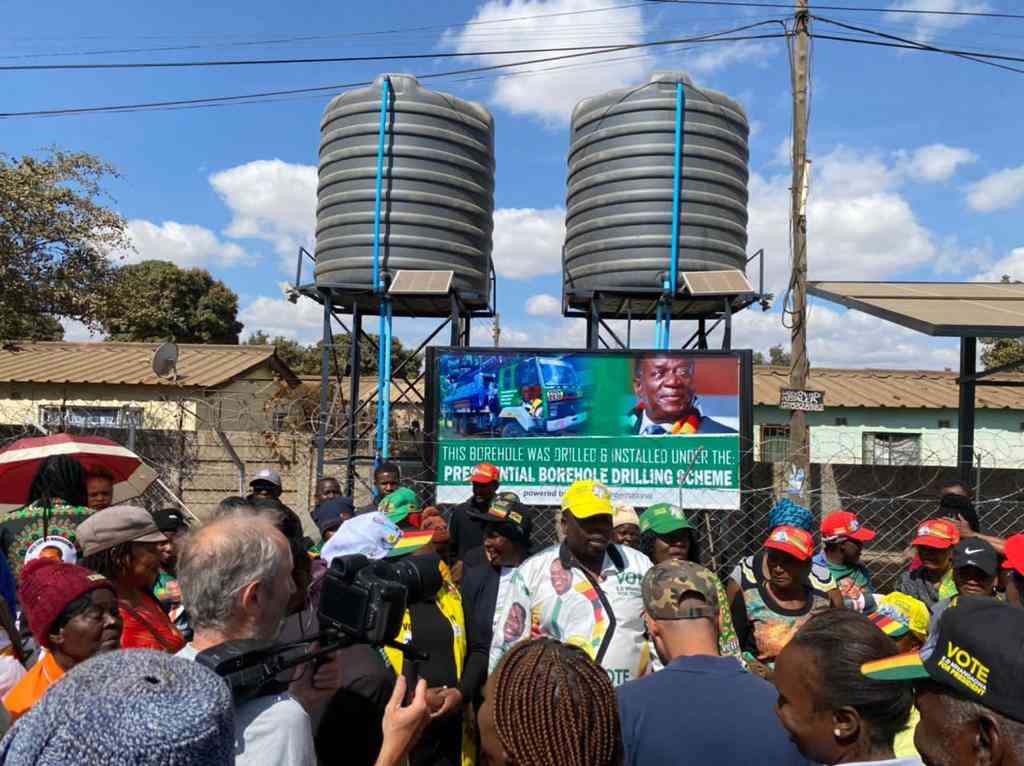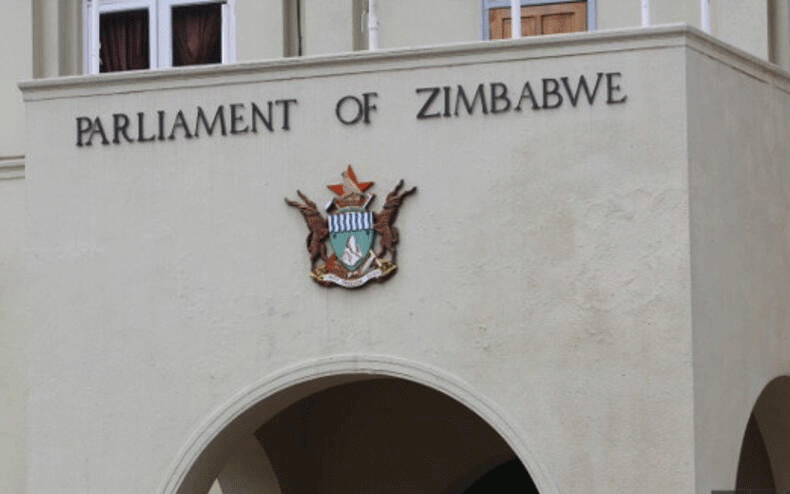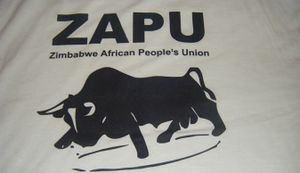
ZAPU’S Nkulumane constituency candidate Andrew Ndlovu claims his campaigns were being crippled by the country’s tough laws against foreign funding of political parties.
Ndlovu said the law was frustrating his supporters based outside the country from sponsoring his campaign.
Ndlovu, a former Zipra northern region commander during the armed struggle, made the remarks during an event organised by the Public Policy and Research Institute of Zimbabwe (PPRIZ) in Bulawayo on Wednesday.
PPRIZ was unveiling its report on pre-election survey findings.
“Our diaspora members have been denied their right to support their political party in Zimbabwe,” Ndlovu said.
“As we speak, our members in South Africa failed to send us T-shirts and it means that our diaspora members cannot support our campaigns ahead of the elections.
“We have been denied access to support from our members and the elections cannot be free and fair if other players are not free to campaign.”
The Political Parties (Finance) Act prohibits foreign funding of political parties.
- San community wants legal rights over ancestral lands
- Re-imagining the workplace: Google and other company visions
- Mawerera re-appointed ZTA board chair
- Re-imagining the workplace: C Mhlanga lived the difference between work and a job
Keep Reading
According to the Act, political parties are supposed to fulfil the requirement of 5% of the total number of votes cast in a recent election to get financial support from government.
Last week, the Zimbabwe Revenue Authority confiscated thousands of Zapu campaign T-shirts at the Beitbridge Border Post over non-payment of storage fees.
Zapu South Africa chapter provincial secretary for administration Godfrey Viki said the party’s supporters in the neighbouring country had bought the regalia.
In his remarks, PPRIZ executive director Gorden Moyo said they deliberately avoided asking questions on who would win the elections on the survey.
“Our findings are that the country is so polarised,” he added.
“From the study, you could find a lot of contradictions and these are a mirror of our society and they show that this election will be seriously contested due to the polarisation that exists.”
Moyo said there were seven scholars and numerous assistants who helped in undertaking the research.

